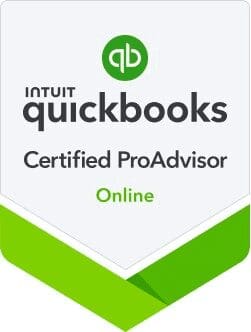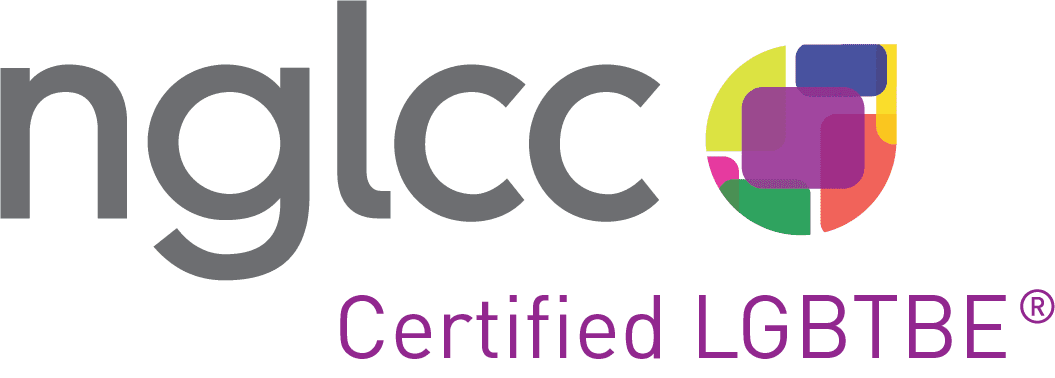In the nonprofit sector, transparency and trust are paramount. Organizations rely on the goodwill and generosity of donors, and maintaining this trust is essential for their operations. One of the most effective ways to enhance transparency and build trust is through external audits. In this article, we will explore the importance of external audits for nonprofits and how they can significantly impact the organization’s credibility and effectiveness.

External audits involve an independent auditor examining a nonprofit’s financial records to ensure accuracy and compliance with accounting standards and regulations. Unlike internal audits, external audits provide an objective assessment as the auditor is not affiliated with the organization.
External audits are crucial because they offer an unbiased view of the nonprofit’s financial health. This transparency helps to identify any discrepancies, mismanagement, or potential areas for improvement. For nonprofits, where every dollar must be accounted for, an external audit is a tool to ensure financial integrity and accountability.
Additionally, external audits help nonprofits maintain accurate records, which are essential for making informed decisions and strategic planning. They also provide valuable insights into the organization’s financial practices, helping to streamline operations and reduce inefficiencies.
Rought & Accounting specializes in helping nonprofits navigate the complex landscape of regulatory compliance. Our expertise ensures that your organization meets all legal requirements, safeguarding your tax-exempt status and reinforcing your commitment to transparency.
Donors are more likely to support organizations that demonstrate financial transparency and accountability. An external audit provides a seal of approval, indicating that the nonprofit’s financial statements are accurate and reliable. This assurance can significantly boost donor confidence.
When donors know that an independent auditor has reviewed the financials, they are more likely to trust that their contributions are being used effectively. This trust is crucial for retaining existing donors and attracting new ones. Furthermore, audited financial statements can be a powerful tool in fundraising efforts, showcasing the nonprofit’s commitment to transparency and integrity.
Nonprofit credibility is also enhanced through external audits. Organizations that regularly conduct external audits are viewed as more trustworthy and professional. This credibility can open doors to new funding opportunities and partnerships, furthering the nonprofit’s mission and impact.
Compliance with legal and regulatory requirements is a critical aspect of nonprofit management. External audits play a vital role in ensuring that the organization adheres to these standards. By conducting regular audits, nonprofits can identify and address any compliance issues before they become significant problems.
Auditors review the nonprofit’s financial statements and practices to ensure they comply with Generally Accepted Accounting Principles (GAAP) and other relevant regulations. This compliance is not only necessary to avoid legal repercussions but also to maintain the organization’s tax-exempt status.
Moreover, an external audit can help nonprofits prepare for potential regulatory changes. Auditors often provide recommendations on best practices and emerging trends in nonprofit accounting, helping organizations stay ahead of the curve.
Many nonprofits have experienced significant positive transformations through regular external auditing. For instance, a small education-focused nonprofit in Nevada saw an increase in donor contributions by 25% after implementing annual external audits. The transparency provided by the audits reassured donors that their money was being used effectively, leading to increased trust and support.
Another example is a health-related nonprofit that identified several areas of financial mismanagement through an external audit. By addressing these issues, the organization improved its financial practices, reduced waste, and redirected funds towards more impactful programs. The result was a 30% increase in program efficiency and better outcomes for the communities they served.
These case studies highlight how external audits can lead to improved financial health, greater efficiency, and enhanced trust within the nonprofit sector. They demonstrate the tangible benefits of adopting a culture of transparency and accountability through regular auditing.
Understanding the importance of external audits can significantly enhance transparency, trust, and efficiency for your nonprofit. If you're considering implementing external audits or advising others in the sector, now is the time to take action. Contact Rought & Accounting for a consultation to learn how our enrolled agent can provide expert financial advice and strategic planning to enhance your nonprofit’s operations and ensure compliance with regulatory standards.



